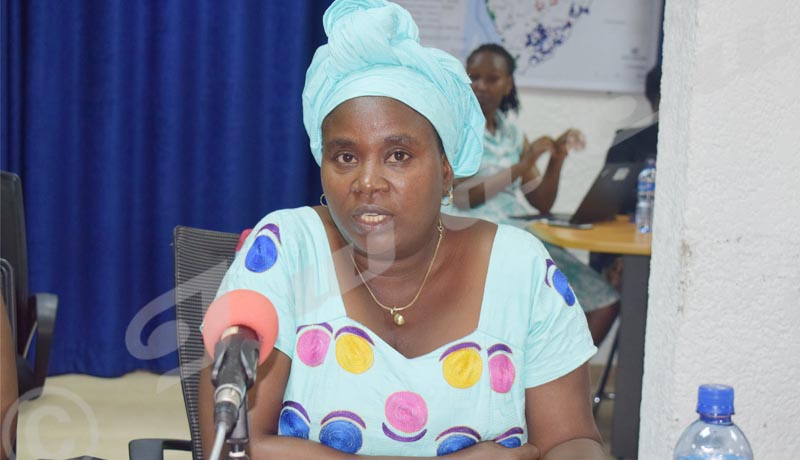In the context of the celebration of the International Day for the Eradication of Poverty this October 17th, the PAADESCO project coordinator has said 42% of children under ten are not good at reading both in Kirundi and foreign languages.

Béatrice Samandari says 42% of children under ten years do not master reading
Béatrice Samandari, National Coordinator of the project aiming to support the improvement of learning at the early stage-PAADESCO says the country cannot eradicate poverty while there is a high number of illiterate people.
“Children are sometimes taught to recite poems and repeat what they are told instead of reading books,” she says, adding that they do not have tutors at home to help them revise lessons.
Mrs. Samandari says lack of school materials is another problem that hinders children from mastering reading. “Within PAADESCO project, we plan to give books and other materials to alleviate poverty in learning processes,” she adds.
For her, some children go to school while they are hungry, therefore they can hardly learn or read.
She says school restaurants should be established at all schools to help children who come from poor families to study in good conditions.
“It is horrible that children can reach the fourth or fifth year of primary school without mastering reading,” says Thérèse Rukingama, Expert in Education at World Bank.
She says investigations showed that Burundian parents are not mobilized to taking their children to school. “Parents should encourage and supervise them in their studies,” she adds.
Mrs. Rukingama calls on school principals to support teachers to establish pedagogical strategies to improve the learning abilities of children.
“The government of Burundi should avail enough books so every child can get their own to improve their reading skills,” she says.
“Pupils in many schools are not good at reading,” says Anne Ndayisenga, Principal of Kinama V basic school in the north of Bujumbura city.
“Books are few compared to the high numbers of pupils in classes,” she says, adding that one teacher can hardly supervise a class of about one hundred pupils.
Mrs. Ndayisenga adds that pupils can pass the class without mastering alphabets and this can hinder their reading performance.
She calls on parents to help their children to improve reading skills when at home.
The International Day for the Eradication of Poverty was celebrated in Burundi under the theme “Ending learning poverty – Encouraging all children to do comprehensive reading before the age of ten”.
The World Bank in partnership with the Ministry of Education presented PAADESCO project that aims at reducing the number of children who reach the age of ten without mastering reading.


















 IWACU Open Data
IWACU Open Data

